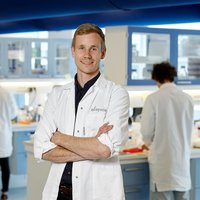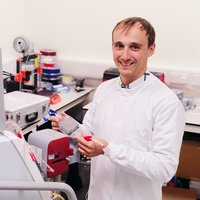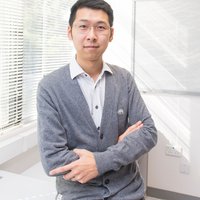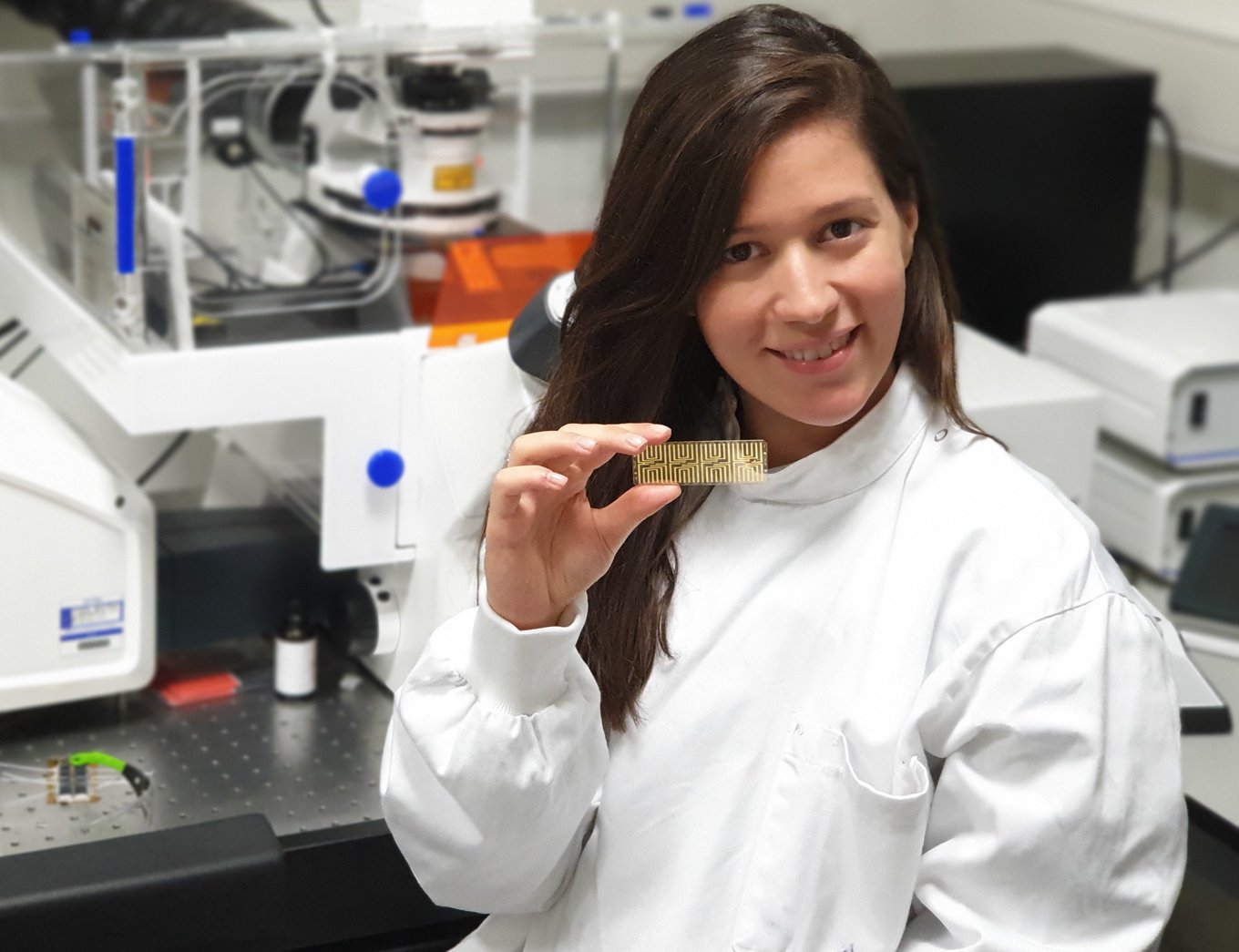No matter how small they may be, pathogens pose a serious threat to our health and our environment. Therefore, the development of technologies capable of identifying and categorizing them quickly is an increasingly strategic issue that is making progress. In 2016, the Colombian researcher Juan Gallo became one of our Innovators under 35 thanks to his bio-informatic technologies that made his diagnosis cheaper and more efficient. That same year, his colleague Daniel Ortiz received the same recognition for his system which analyzed DNA and detected pathogens in just four hours.
This year the young Greek entrepreneur Anna Maria Pappa has set out to develop an innovative solution. Pappa has always had a long-lasting keen interest in medicine, but not in order to become a doctor; the young woman explains, "I wanted to contribute to the science that doctors use to improve the health of their patients." To this end, Pappa has created a system that reconstructs the cell membranes of pathogens into microelectronic chips "like that of any iPhone." With them it is possible to study the interactions of cells in external environments as if they were in their natural state and "can be used for diagnostics or drug tests" similar to antibiotics. This work has allowed her to be named one of the winners of Innovators Under 35 Europe from MIT Technology Review.
Pappa's technology aims to "accurately mimic the cellular environment and be made on many chips at once," she says. "The cell membrane has a unique variety of proteins and receptors that can be used as recognition elements for viruses and other pathogens," she adds. The importance of bacterial diagnosis is so crucial that since the year 2018 it has also been one of the priority funding lines of the U.S. government's Defense Advanced Research Projects Agency (DARPA).
Among her future objectives, Pappa wants to develop a new product to help create more drugs, especially antibiotics that are less and less resistant to pathogens. In addition, she is training in entrepreneurship at the University of Cambridge (United Kingdom), where she works as a researcher. Pappa studied chemical engineering at the Aristotle University of Thessaloniki (Greece), and earned a master's degree in nanoscience and nanotechnology at the same university. The young innovator later got her PhD in Bioelectronics from the University of Lyon, France.
Innovation Consultant Cécile Tharaud, a member of the Innovators Under 35 Europe 2019 jury, notes that Pappa "has good creative and innovative potential," and her work on biomimetic membranes is promising. In addition, she highlights that the project has "a very strong impact" in the medical field and in the flexible electronics industry.
By José Manuel Blanco
Translation: Brian Bostwick




